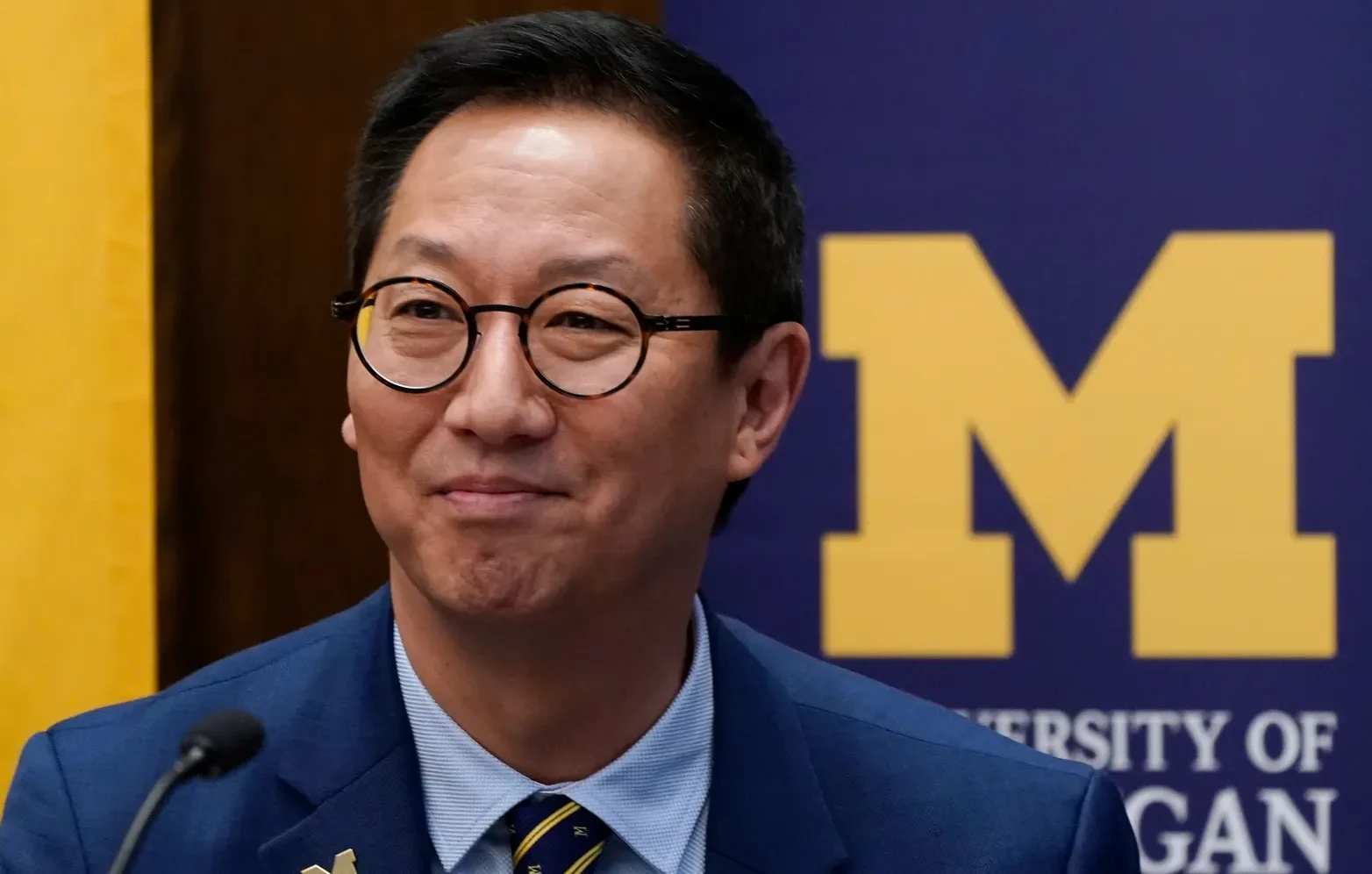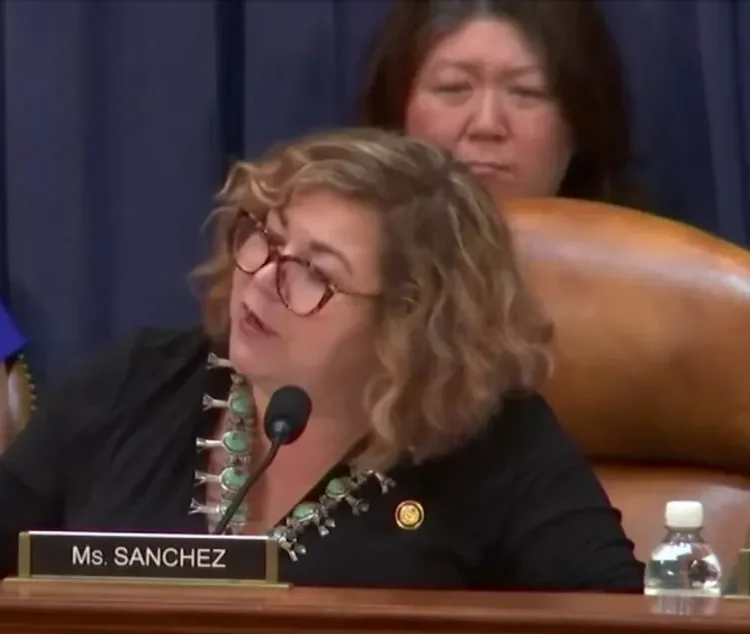Another day, another headline about nationals from the People’s Republic of China cozying up in our universities and industries—not to mention our airports—with a suitcase full of surprises and a story that doesn’t quite add up. And you wonder why many of us keep saying it’s high time to tighten the screws on who and what is allowed to cross our borders.
Let’s start with Chengxuan Han, a Ph.D. student from Wuhan—yes, that Wuhan—who somehow thought it was a great idea to ship biological materials into the United States under the radar. And we’re not talking about herbal tea or silk scarves here. According to the DOJ, she was sending concealed biological material to a lab at the University of Michigan.
When she arrived at the Detroit airport, her answers to Customs and Border Protection agents were, shall we say, less than forthcoming. And oh, what a coincidence: her electronic device had been conveniently wiped just three days prior. I’m sure that’s standard practice for visiting scholars, right?
Yesterday, @FBIDetroit arrested a second Chinese national on charges of smuggling biological materials into the U.S. and lying to federal agents.
This individual is Chengxuan Han, a citizen of the People’s Republic of China and a Ph.D. student in Wuhan, China. Han is the third… pic.twitter.com/TE4tJgtJQi
— FBI Director Kash Patel (@FBIDirectorKash) June 9, 2025
What did she eventually admit to? Sending materials related to roundworms, after first trying to cover her tracks with false statements. And this, mind you, is part of an “alarming pattern,” as U.S. Attorney Jerome Gorgon put it—one where American taxpayers are unwittingly underwriting a smuggling operation at one of our public universities. You can’t make this stuff up. But hey, I’m sure the university’s diversity and inclusion office is thrilled to be so internationally engaged.
🚨BREAKING: Third Chinese national accused of smuggling biological materials into Michigan
Authorities say Han is a doctoral student at the College of Life Science and Technology in the Huazhong University of Science and Technology in Wuhan, China.
On June 8, Chengxuan Han was… pic.twitter.com/tXqIpMHVKK
— Michigan News Source (@MINewsSource) June 9, 2025
Now if that weren’t enough, on the very same day, the DOJ announced that another Chinese national, Shenghua Wen, pleaded guilty to exporting firearms, ammunition, and sensitive military technology to North Korea—again, right under our noses. Wen came here on a student visa back in 2012 and decided to stick around illegally once it expired in 2013.
For a decade, he was here, operating with directives straight from North Korean officials, shipping U.S.-made firearms and equipment back to Pyongyang via China. The operation included a tidy sum of about $2 million wired to him by his North Korean handlers.
Let’s break that down: a man who had no legal right to be here was buying firearms in Texas, driving them to California, falsifying shipping records, and getting weapons and tech into the hands of one of the world’s most dangerous regimes. The DOJ says he even sought out a civilian airplane engine and thermal imaging equipment for use on drones. I wonder how many of those components were purchased with American innovation, funded by—you guessed it—taxpayers.
So here we are, with a porous visa system, lax enforcement, and a national security risk so glaring it might as well be flashing neon red. If this isn’t a wake-up call for stronger border controls, stricter visa oversight, and a serious reevaluation of who we allow into our research institutions, I don’t know what is.
Meanwhile, it’s the same tired chorus from the left: diversity is our strength, no human is illegal, global collaboration is key! Sure, but maybe—just maybe—we ought to be a tad more selective when the collaboration involves biological agents and military hardware being funneled back to authoritarian regimes. The American people deserve better. The Constitution mandates the government to provide for the common defense. It’s about time we acted like it.



